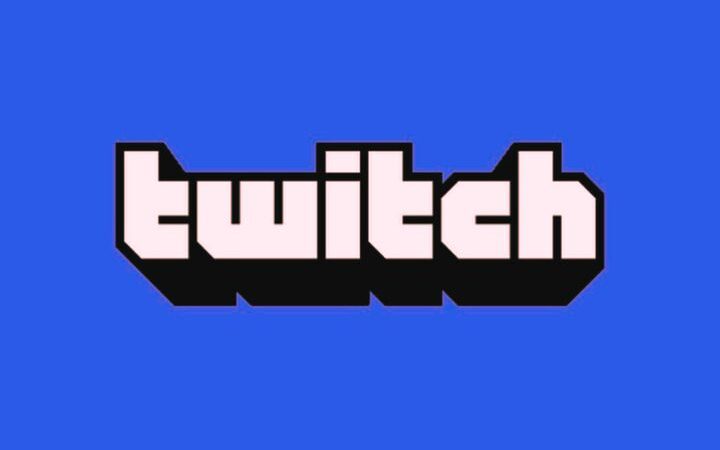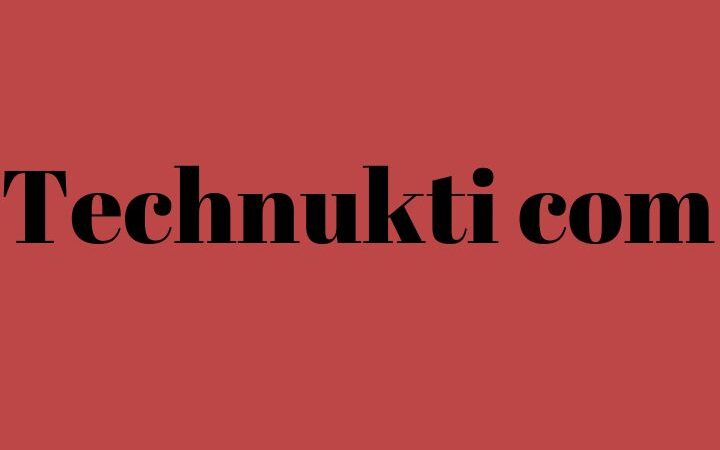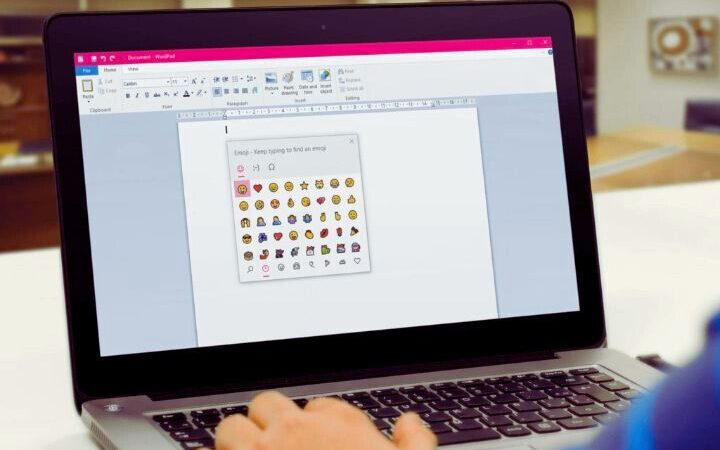Comparison Of Database Engines

Database Engines : One of the main components of web applications is the database. There are several quality and highly professional alternatives in the free software landscape, such as PostgreSQL, MySQL or MariaDB. Any of them could be useful for most projects, but basically they have different characteristics that can make them more or less desirable in certain cases.
In this article we want to make a comparison of database engines, explaining the differences between the most popular open source alternatives.
Table of Contents
What Are The Main Open Source Database Engines?
When it comes to finding a database engine, we are interested in having a professional tool, capable of adapting to growing projects, which ensures proper scalability in the future. Of course, there are great commercial database engines like Oracle or Microsoft SQL Server, but there are also alternatives in the world of free software that are capable of meeting the most demanding needs. Within the open source database management systems, there are three that stand out above all and that can give us great support for both small and large or huge projects:
MySQL : It is the most popular database management system today. Since its inception it has evolved a lot, currently offering all the necessary features for professional projects.
MariaDB : less known than MySQL, but also widely used, it is a database engine created from MySQL that offers full compatibility support with it.
PostgreSQL : a highly enterprise-class database management system, capable of peer-to-peer with the most advanced business engines on the market.
Why Choose An Open Source Management System?
Currently, open source solutions have nothing to envy to commercial systems. Whether we need solutions that are simple to handle or robust and complex systems, we can opt for free software.
By choosing free software we benefit from the budget , since we avoid paying licenses, but these types of products also tend to have larger communities. This will allow us to easily find solutions to common problems, support more tools, and easily find services where we can use our preferred database engine.
In terms of security , we can fully trust it, since the community behind free software is always attentive to the publication of patches and security improvements. It is only necessary to worry about keeping the software up to date, installing updates as they appear.
Also read : Marketplaces
Comparison Of Characteristics Of Database Management Systems
Now we are going to compare the characteristics of the database engines, according to the criteria that we consider most relevant.
Easy to use
MySQL : is a system that allows easy use. With MySQL we have the necessary tools to maintain the databases, ensure their referential integrity, have transactions, etc. However, many of these advantages can be used or not, greatly simplifying day-to-day database management for people who approach this engine.
MariaDB : It is as easy to use as MySQL, since the user interfaces are exactly the same. In fact, it is common for MariaDB to be installed on a server and we are not aware of it.
PostgreSQL – Not known for its ease of use. It is sometimes complex to approach PostgreSQL and especially the administration and optimization of the engine, necessary to achieve agile operation.
Speed
MySQL: it is a fast database management system already in its basic installation. It can also be optimized if you want higher speed for certain uses, which is not usually necessary.
MariaDB: currently has a large community, providing optional features that go a little further, but in terms of performance it is comparable to MySQL.
PostgreSQL: It has a reputation for being a heavy database, in fact it requires much more power from the server to function properly. However, if we are experts in this management system, we will be able to optimize it so that it runs as fast as its competitors.
Power
MySQL: It is currently capable of meeting the needs of small and medium-sized projects. It is also suitable for large and demanding projects, but in that case it may be interesting to look for a more advanced solution.
MariaDB: It has similar logs again to MySQL.
PostgreSQL: It is the most advanced system of the three, capable of working with databases of gigantic sizes. If the project is large or enormous, it would be advisable to consider this management system as an alternative.
Community
MySQL – Overwhelmingly has the largest community, so it will be very easy to find answers to any need or problem that arises. MySQL support is also much broader in hosting services, so its community benefits as well.
MariaDB : It doesn’t have as many users, so it can be a bit more difficult to find solutions to problems, compared to MySQL.
PostgreSQL : although it has a powerful and very powerful community, it is considerably smaller, so it will be more complex to find documentation and specialized forums.
License
MySQL: It has a dual license. If we want to use the software for free, it is necessary to use the Community version. In addition, MySQL belongs to Oracle, a company with a clear commercial focus. This means that some people and developers closely linked to the open source philosophy treat this management system with suspicion.
MariaDB: only has one license, completely open.
PostgreSQL: It also has a fully open license.
Conclusion
Any of the discussed database engines are great for most projects. Due to its power, features and simplicity, MySQL will be the solution that generally best suits projects and is preferred by most developers.
However, if the project that we are going to develop is more complex than normal and we need a higher degree of power and robustness, PostgreSQL would possibly be the most appropriate option, knowing that it will demand more from us and from the hardware where it will work. As far as MariaDB is concerned, it is generally a substitute for MySQL that works exactly the same, so you can use this engine in the same conditions and situations as MySQL.
Also Read : How To Use Linkedin






